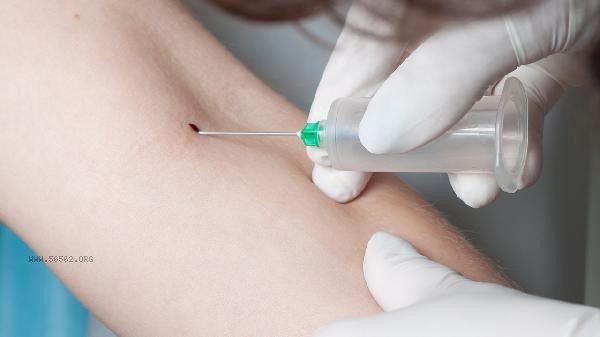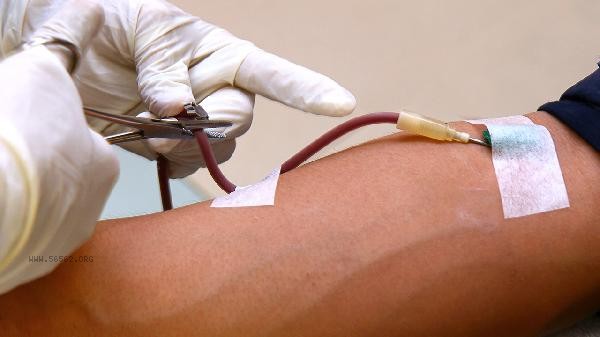Patients with hypertension and hyperlipidemia can drink moderate amounts of green tea, Pu erh tea, chrysanthemum tea, cassia seed tea, hawthorn tea, etc., which can help regulate blood pressure and blood lipids. These tea drinks contain various active ingredients, but it should be noted that they cannot replace drug treatment.

1. Green tea
Green tea is rich in tea polyphenols and catechins, which have antioxidant and endothelial function improving effects. Epigallocatechin gallate can inhibit cholesterol absorption, and long-term consumption may have a certain improvement effect on the elevation of low-density lipoprotein cholesterol. People with weak gastrointestinal function should avoid drinking on an empty stomach.
2. Pu erh Tea
Pu erh tea produces theaflavins and lovastatin analogs during fermentation, which can inhibit cholesterol synthase activity. Its unique microbial metabolites can promote lipid breakdown and are more suitable for individuals with high triglycerides. It is recommended to choose ripe Pu'er tea to reduce irritation to the gastric mucosa.
3. Chrysanthemum tea
Flavonoids in chrysanthemums can dilate coronary arteries and reduce peripheral vascular resistance. The chrysanthemum glycoside component contained in it produces a mild antihypertensive effect by inhibiting angiotensin-converting enzyme. People with weak and cold constitution can pair it with a small amount of goji berries when drinking.

4. Cassia seed tea
Cassia seed contains anthraquinone substances such as emodin and quercetin, which can promote bile secretion and accelerate cholesterol metabolism. Its moisturizing and laxative properties help reduce the reabsorption of fat in the intestine, but patients with diarrhea should use it with caution.
5. Hawthorn tea
The hyperoside and triterpenoid components in hawthorn can enhance the activity of lipoprotein lipase and promote the breakdown of chylomicrons. Its organic acids can improve microcirculation and have dual benefits for patients with concomitant coronary artery insufficiency.

It is recommended to control the daily tea consumption within 500 milliliters and avoid taking it together with antihypertensive drugs. Different constitutions have different reactions to tea drinks. If discomfort such as palpitations and stomach pain occurs after drinking, it is necessary to stop using tea in a timely manner. Patients with severe cardiovascular and cerebrovascular diseases should develop a dietary plan under the guidance of a doctor, regularly monitor changes in blood pressure and blood lipids, and if necessary, cooperate with medication such as atorvastatin calcium tablets and amlodipine besylate tablets for treatment. Maintaining a low salt and low-fat diet and regular exercise are the basic measures for controlling indicators.









Comments (0)
Leave a Comment
No comments yet
Be the first to share your thoughts!